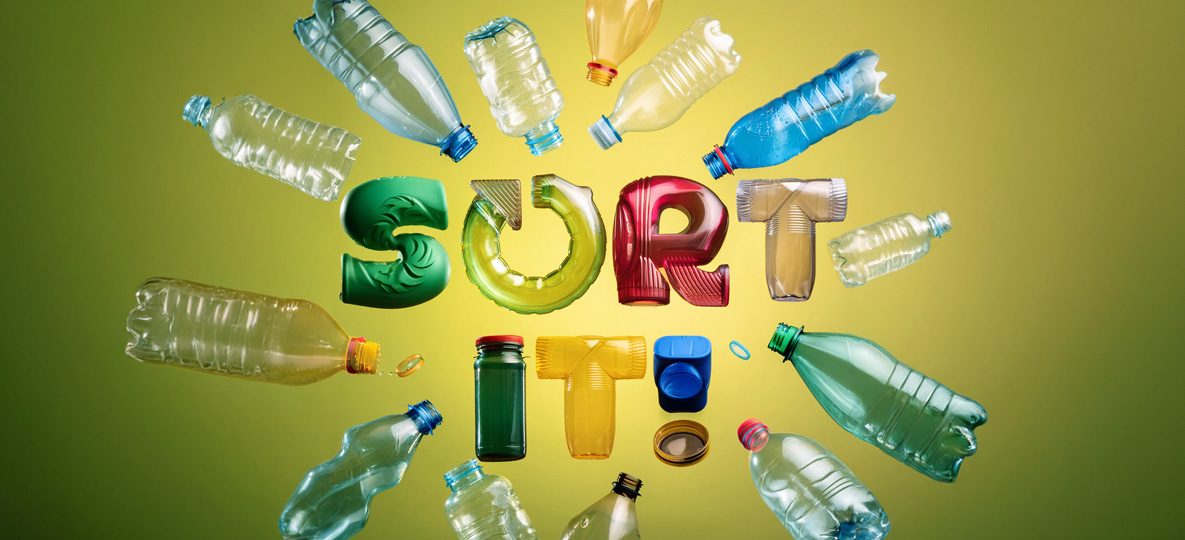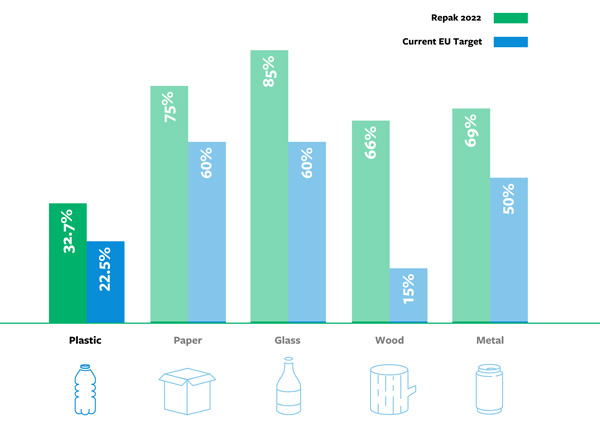The Importance of Separating Plastic Waste

Separating plastic waste is a vital practice that contributes to reducing contamination, recovering valuable materials for recycling, and decreasing the demand for new plastics.
Proper waste segregation is a cornerstone of effective recycling programs. One of the most significant materials that require careful sorting is plastic. In this blog post, we’ll discuss the importance of separating plastic waste to (a) reduce contamination of recyclables, (b) recover plastic waste for recycling into new products, and (c) reduce the amount of new plastic needed.
Reducing Contamination of Recyclables
Contamination is a major hurdle in the recycling process. When plastics are not properly separated, they can contaminate other recyclable materials, making them less valuable and more difficult to recycle.
Impact of Contamination:
- Quality Degradation: Mixed materials can reduce the quality of recyclable items, leading to a higher rejection rate at recycling facilities.
- Increased Processing Costs: Contaminated recyclables require more extensive sorting and cleaning, increasing operational costs.
- Landfill Overflow: High contamination rates mean that more recyclables end up in landfills, exacerbating waste management issues.
In Ireland, the recycling rate for plastics is currently at 32.7%, which, while above the EU target of 22.5%, still indicates a need for better separation practices to improve overall recycling efficiency (Repak) (TheJournal).

Recycling Targets Ireland vs EU
Recovering Plastic Waste for Recycling into New Products
Proper segregation of plastic waste ensures that these materials can be efficiently processed and recycled into new products. This is crucial for creating a circular economy where materials are reused and repurposed.
Benefits of Recycling Plastic:
- Resource Efficiency: Recycling plastics saves raw materials and reduces the need for virgin plastic production.
- Energy Savings: The process of recycling plastics typically consumes less energy compared to producing new plastics from scratch.
- Environmental Protection: By recycling plastics, we reduce the pollution associated with plastic production and disposal.
In 2021, Ireland recycled 104,016 tonnes of plastic, contributing to a more sustainable management of plastic waste (Repak).
Reducing the Need for New Plastic
One of the most significant benefits of effective plastic recycling is the reduction in the demand for new, virgin plastic. This has multiple environmental and economic benefits.
Advantages of Reducing New Plastic Production:
- Conservation of Resources: Reducing the need for new plastic conserves fossil fuels and other natural resources used in plastic production.
- Lower Carbon Footprint: The production of new plastics is a significant source of greenhouse gas emissions. Recycling plastics helps mitigate this impact.
- Economic Savings: Using recycled plastic in manufacturing can be more cost-effective than using virgin materials, leading to savings for businesses and consumers.
Steps to Proper Plastic Waste Segregation
- Identify and Separate: Clearly distinguish between different types of plastics and ensure they are separated from other waste streams.
- Clean and Dry: Rinse plastic containers to remove food residues and let them dry before placing them in the recycling bin.
- Use Proper Bins: Utilize bins specifically designated for plastics to avoid cross-contamination with other recyclables.
- Educate and Encourage: Raise awareness among household members and the community about the importance of proper plastic waste segregation.




